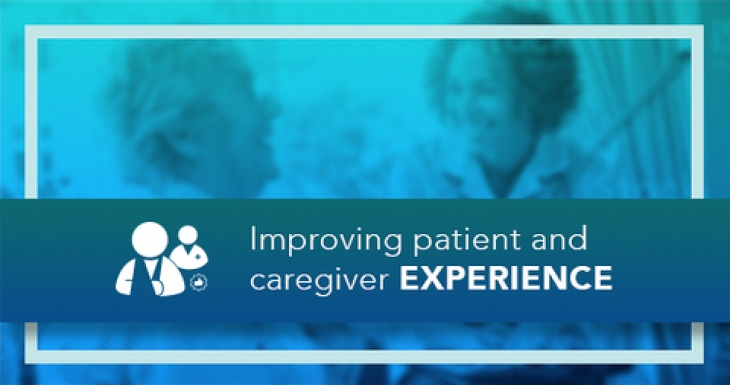In 2012, Penn Medicine launched the first "Your Big Idea Challenge," a campaign focused on finding new ways to improve patient care and experience.
Round 1 – Idea Submission
Over 1,700 ideas were submitted by more than 1,400 Penn Medicine faculty and staff through email and the website, and in “idea dropboxes” placed around campus.
Through a five-star rating system, the submitted ideas generated over 66,000 ratings, amounting to an average of over 37 ratings per idea - and resulting in engagement from nearly one-third of Penn Medicine’s workforce.
The crowdsourced ratings helped narrow 1,739 ideas down to 200 to advance to Round 2.
Round 2 - Innovation Workshops
At workgroups during Round 2, participants delivered 90-second pitches about their idea to the group. Workshop participants then voted on which ideas they felt would have the greatest impact on patient care and experience. Through this process, the field was narrowed down to ten ideas. The ten finalist teams advanced to the Innovation Tournament finale.
Pre-Finale Preparation
In preparation for the finale, members of the ten finalist teams participated in Penn Medicine Academy’s “Present Like a Pro” training and received a series of consultations with presentation experts and designers to help craft their pitches. “
Finale
Over 200 faculty, staff and guests attended the Innovation Tournament finale in the Smilow Center for Translational Research. The ten finalist teams presented their ideas to a distinguished panel of judges. After the judges’ deliberation, CEO Ralph Muller announced the winners, MyPennScheduler, and Patient Service Kiosks. Both ideas were operationalized after the conclusion of the challenge.
MyPenn Scheduler: MyPenn Scheduler is an interactive website that allows patients to schedule appointments directly online with various providers (doctors, nurses, psychologists, social workers, case managers, etc.) at various sites across Penn Medicine. The website also provides information on the provider, pre-visit questionnaires, maps and directions to the hospitals, and information about what patients should bring to their appointments (medications, CDs with outside studies, etc.). For Emergency Department patients or inpatients being discharged from the hospital, a care team member can help schedule an appointment before patients are discharged.
Patient Service Kiosks: modeled after airline kiosks, Patient Service Kiosks enable patients to check in and register for their appointment as well as update information in their electronic health record. Additional benefits of the kiosks include on-the-spot co-pay payments, interactive maps, and translation capabilities.

